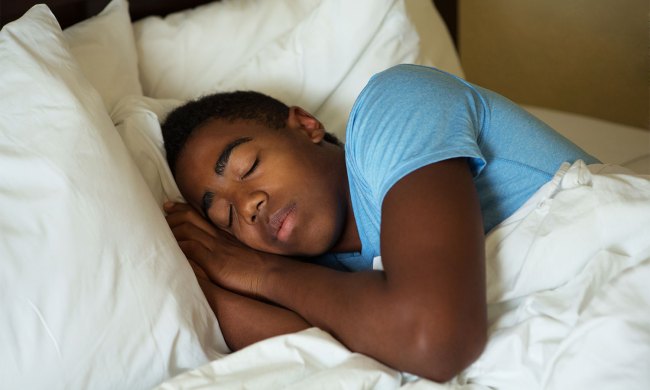Giving your phone to your kid while you’re out at a restaurant, or turning on the tablet for your child while you finish up work is always tempting. Screens are a quick, convenient way to keep your kids occupied, and because of this, screen time for kids is increasing. The average American child spends 3 hours a day in front of the television. When you factor in all different types of screens — like school computers, tablets, and phones — that daily average bumps up to 5 to 7 hours a day.
Although screens are always around us, the negative side effects of too much screen time — especially for children — are overwhelming. Too much screen time leads to screen addiction or even childhood obesity. Recommended screen times vary by age, but typically experts recommend kids ages 2 to 5 spend no longer than 1 to 2 hours a day on screens. Let’s learn about the possible dangers of allowing too much screen time, ways to decrease screen time, and how to manage your kids’ digital time.

Side effects of screen time for kids
According to the Mayo Clinic, too much screen time causes a few issues in children that we should all be aware of.
Disruptive sleeping patterns
Health experts believe the bright lights of screens impact our circadian rhythm, making it more difficult to fall asleep and stay asleep. Teens who have phones or other screens in their rooms stay up later on those devices.
Obesity
Anne Harguth, a registered dietician in Minnesota, suggests there is a link between increased screen time and rising obesity rates. Children who watch television or play on devices are spending less time running around outside and being physically active. Kids are also exposed to more commercials for sugary treats and are more prone to snacking while sitting in front of the TV.
Behavioral problems
Researchers are studying the effects of increased screen time on kids’ behavior and mental health. Researchers at the CHEO Research Institute in Ottawa discovered kids were more likely to make poor decisions and behave impulsively if their screen time was above the recommended amount. A Canadian study with the University of Alberta found parents of children who exceeded the recommended screen time were more likely to describe their kids as inattentive and distracted.
Poor academic performance
In a recent study, the researchers at The Murdoch Children’s Research Institute in Melbourne, Australia, discovered that too much screen time had a negative impact on the students’ academic performance. Children who watched more than two hours of television a day were more likely to have lower reading scores.

How to manage screen time
Managing screen time, especially when there are so many different types of electronics out there, is challenging. However, with a few steps, you’ll actively decrease the hours your child interacts with screens.
Turn them off
Do you have the television going in the background? Maybe you check your phone while cooking dinner. One quick way to decrease screen time is to turn your screens off. If you are not actively watching the television, do not have it on in the background.
Set time limits
Avoiding technology altogether may not be practical for your home. Start by decreasing the amount of time your kids spend on screens by setting time limits. Using an actual timer or alarm helps you keep track to make sure your five-minute warning doesn’t turn into 20 minutes.
Screen-free rooms
Help your kids stay screen-free before bed by keeping technology out of their rooms. Consider not having televisions in your children’s rooms. Have your children turn in their phones and any other electronic devices before bed for you to keep overnight.
Encourage other activities
Swap out television and video games with other activities. Incorporate a family board game night into your routine or go on walks or bike rides as a family. Challenge your kids to brainstorm other ways to spend their time.

Tools to help monitor screen time for kids
Many devices give you the option to check your screen time. Your phone or tablet tells you how many hours a day you’re on your phone, and even tells you how much time you spend on specific social media apps. Knowing how much time your kids spend in front of screens helps you decide how and where to cut screen time.
Some apps like Freedom, RescueTime, and Flipd help track how much time you are on your device, set limits, or will give you gentle reminders when your screen time is maxed out.
Other popular apps to help you monitor your kids’ screen time include:
- Boomerang Parental Control
- FamiSafe
- OffScreen
- OurPact
- Qustodio Parental Control
- Screen Time Parental Control
However you decide to tackle the issue of child screen addition, leading by example is key. Check out the tools and resources at your disposal, and decide as a family how you will reduce screen time in your household. Parents should reconsider their screen time limit to get the whole family on board. Reconnect with each other, get off those screens, and relearn how we survived before iPhones and tablets.



